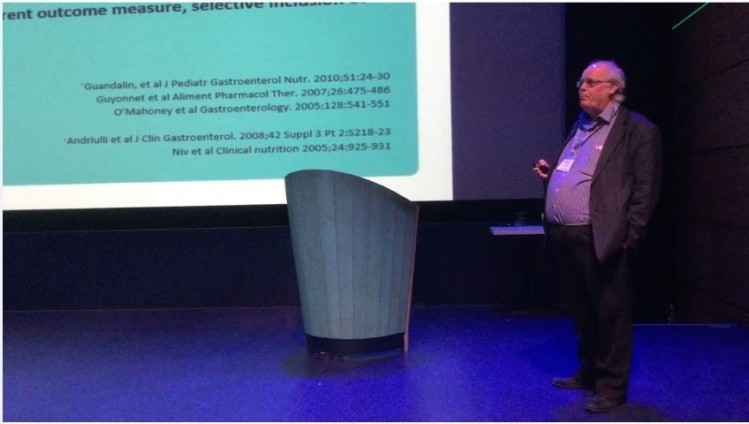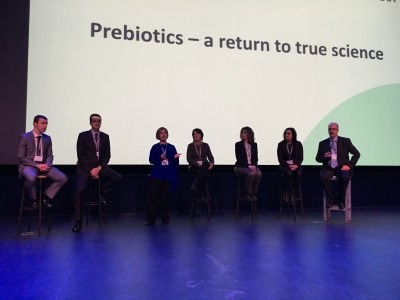RCTs the only way for probiotic acceptance, says leading professor

Professor Ingvar Bjarnason, a practicing gastroenterologist at King's College Hospital, London Bridge Hospital and the Cromwell Hospital, spoke at Probiota in Amsterdam last week on the importance of proving probiotic quality and efficacy to regulators.
Currently, probiotic products are not consistently tested for purity, viability or effectiveness and accompanying evidence of efficacy is rarely from well-designed, randomised, placebo-controlled trials, he said.
He highlighted the need for probiotic studies to be conducted at full clinical standards, investigator-led, placebo controlled and ethics and R&D approved.
“In my mind, this is the only way to get acceptance with probiotics,” he said.
“Otherwise it just becomes a marketing issue and won’t be sustainable."
Bjarnason gave the audience an overview of problems currently blighting probiotics’ medical standing. These included the raft of unsubstantiated medical benefit claims in the press and media and a lack of randomised clinical trials.
Trials conducted often that lacked a placebo component, further adding to regulator’s frustrations of poorly designed trials and non-standardisation of outcome measures.
He commented on the ‘wild claims’ made by non-industry observers, who believed obesity or mental health was determined by your gut.
“It doesn’t make any sense. For medics this is quackery to the nth degree,” he said. “There is resentment out there.”
Bjarnason’s comments echoed those of EFSA’s Dr Yolanda Sanz, who also spoke at Probiota. She said microbiota changes should be linked to physiological or clinical outcomes of which a direct effect on human health could be attributed to a specific mechanism of action.
She added that hard health endpoints, not just changes to the microbiota, were needed to secure EU health claims.
Current studies submitted to EFSA showed food constituents increased gastro-intestinal microbiota but were unable to show such a change would result in a beneficial physiological effect.
Did you miss this year's Probiota conference in Amsterdam?
Have no fear, IPA World Congress & Probiota Americas 2016 will take place in Chicago May 31 – June 2. Find out more HERE.


















